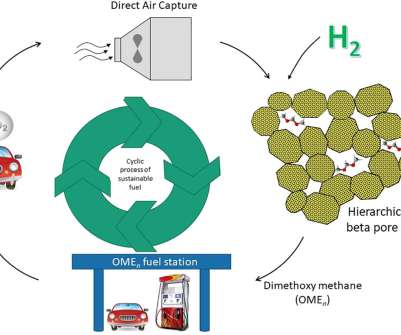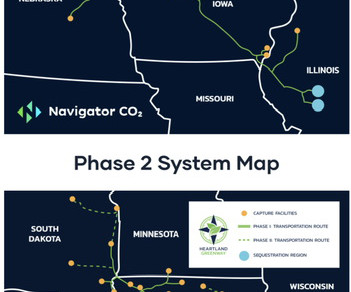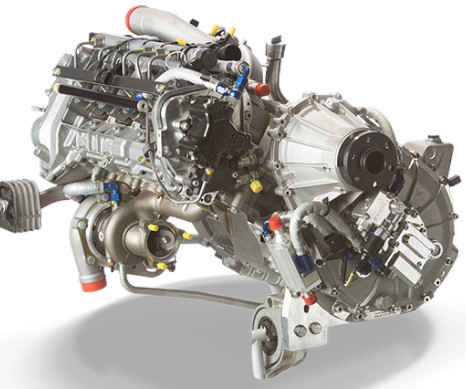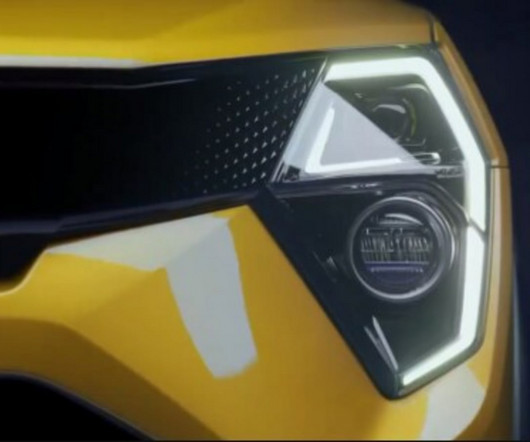Monash/Hokkaido team produces diesel blend fuel via CO2 hydrogenation in methanol over new catalyst
Green Car Congress
OCTOBER 8, 2021
Researchers from Monash University and Hokkaido University have developed a method to produce dimethoxymethane (DMM)—a diesel blend fuel currently of great research interest—via CO 2 hydrogenation in methanol over a novel ruthenium-based catalyst. Their paper is published in the Journal of Energy Chemistry.



















Let's personalize your content